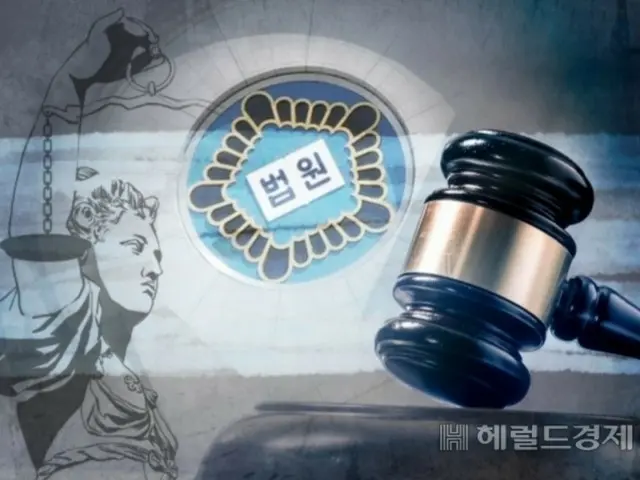According to the Korean Bar Association on the 11th, the Supreme Court found defendant A, an elementary school teacher accused of child abuse, guilty.
(2nd instance) ruled that the judgment ``made an error in misunderstanding legal principles.'' The Supreme Court did not finalize the verdict and sent the case back to the Seoul Eastern District Court for rejudgment.
From March to May 2018, defendant A told the victim, a third-year student, during class at an elementary school in Gwangjin-gu, Seoul, ``You look like a child who didn't go to school.''
'', ``You're the reason the teacher has wrinkles on his forehead,'' and ``That guy's crazy,'' he is accused of saying. The Child Welfare Act prohibits acts of mental abuse such as verbal abuse towards children.
Ru. Defendant A's suspicions were revealed through a recorder placed in a bag by the child victim's guardian. The first trial sentenced defendant A to six months in prison, suspended for two years. Judgment of the Seoul Eastern District Court, which was in charge of the first trial
The court determined that he had betrayed the trust of his guardian and repeatedly committed acts of mental abuse within a short period of time. The second trial also found him not guilty for only some of his statements and sentenced him to a fine of 5 million won (approximately 550,000 yen).
Indicated. The 1st Criminal Division of the Seoul Eastern District Court, which conducted the second trial, explained, ``It is clear that defendant A's actions fall under the category of abusive behavior as defined in the Child Welfare Act.''
The Supreme Court overturned the judgment of the lower court (second instance). The Supreme Court stated, ``This recording file is a confidential communication.
"It cannot be used as evidence under the Protection Act." The Supreme Court held that, ``The statements made during class that were secretly recorded by the child victim's guardian fall under the category of ``conversations between other people.''
``Because it was only shown to the children in the classroom and not to the public, it cannot be evaluated as a ``public dialogue.'''' Furthermore, ``Parents of child victims should not participate in dialogue.''
The court ruled that the recording file should be deemed to be inadmissible as evidence." A Supreme Court official said, ``This judgment does not constitute a final judgment on guilt or innocence.''
``Based on the Supreme Court's precedents to date, the argument is that conversations between other people that have not been made public cannot be accepted as evidence.''
In the legal community, the latest ruling is expected to have an impact on cases with similar issues.
2024/01/11 11:59 KST
Copyrights(C) Herald wowkorea.jp 85

